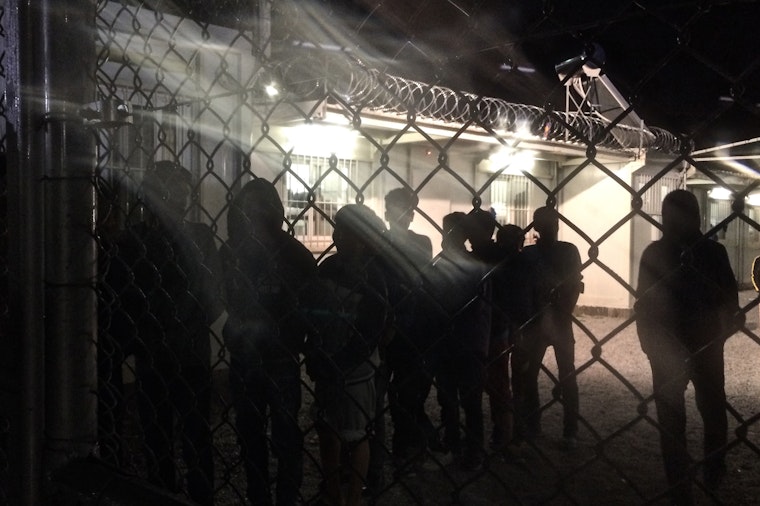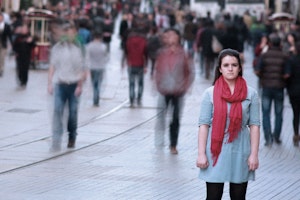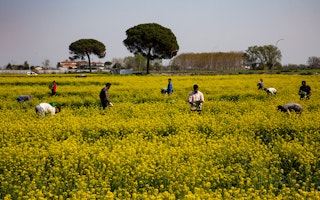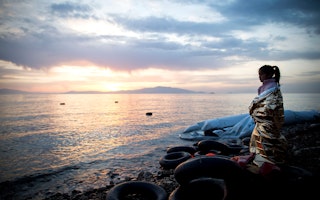Unaccompanied Minors Struggle to Navigate a Chaotic Asylum System
By Yonous Muhammadi

Being a refugee is not a choice but a last-ditch bid for survival. The journey is fraught with danger, and gaining a foothold in a foreign culture is a difficult task. Unaccompanied minors are particularly vulnerable, which is why, on paper at least, there are safeguards to protect them. For instance, authorities must prioritize their identification and registration, and refer them to special hosting facilities.
In reality, however, unaccompanied minors arriving in Greece are often neither identified nor recorded correctly by the authorities, leaving them to fend for themselves in unfamiliar environs.
Greece’s track record on receiving unaccompanied minors was already abysmal back in 2012 with only about 10 percent processed as they should be. As arrivals have surged over the last couple of years, these numbers have gotten even worse. Amid the chaos of the reception centers, we’ve seen unaccompanied minors registered as members of families with whom they have no connection, or as adults when they have no proof of identity or birthdate.
For instance in Athens a year ago, a team from the Greek Forum of Refugees met a 14-year-old Syrian who was staying in a flat with a group of family friends. Alone and lost, he told us he wanted to reunite with his brother in Sweden. In the absence of official mechanisms, we connected the boy to legal aid groups and organizations running psychosocial services for children, where he received help dealing with the stress and trauma of the perilous journey.
We stumbled across this lost teenager purely by chance. So many other minors, victims of an incompetent system, are still out there and don’t know where to seek help.
Even minors who are registered properly often have to wait for months or even years before they reunite with their families or are granted appropriate guardianship. During this time they reside in inadequate facilities with insufficient resources that cannot meet their needs in terms of shelter, education, or health services.
This extended wait time is even more problematic for minors who are almost 18 when they arrive. There is no provision to continue care for them once they turn 18, at which time they age out of the system, forcing them to become undocumented, and hence unprotected. Left to fend for themselves without any financial means or support, they run the risk of becoming impoverished or pushed into forced labor.
In this humanitarian crisis, special attention should be paid to underage children to guarantee their rights and safety. If their parents are not there to assure them a proper childhood, then the state should give them the opportunity to build themselves a decent future. All refugees deserve the opportunity to thrive, particularly the youngest among them.
The Greek Forum of Refugees is a grantee of the Open Society Foundations.
Yonous Muhammadi is president of the Greek Forum of Refugees.


